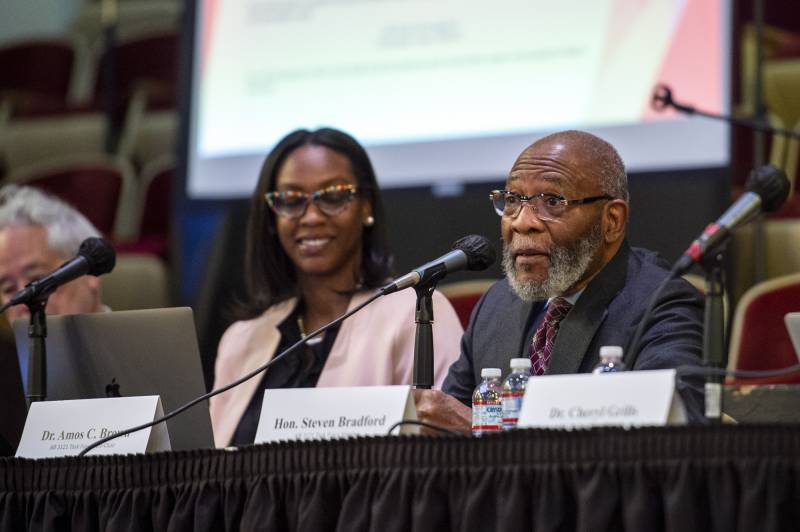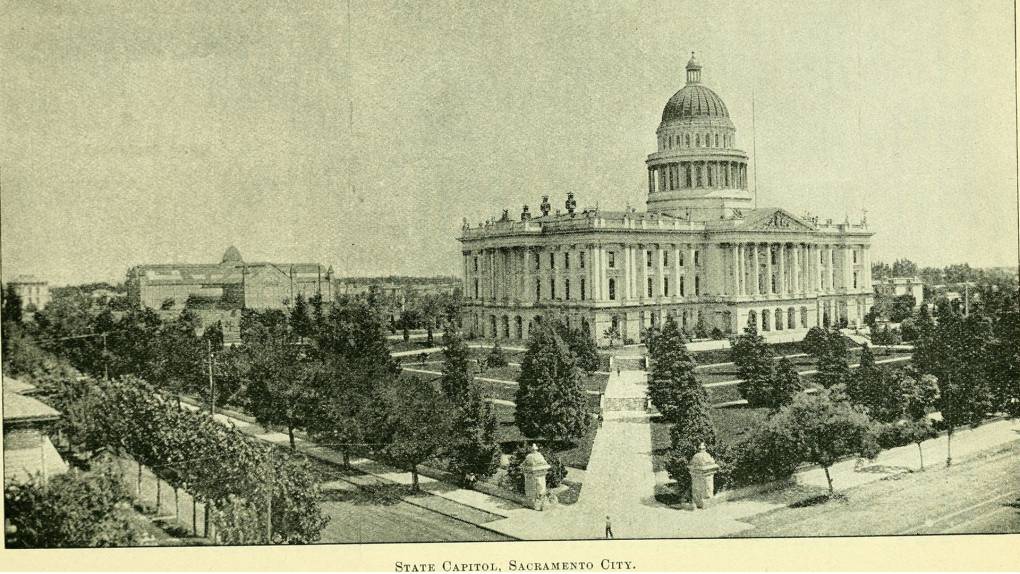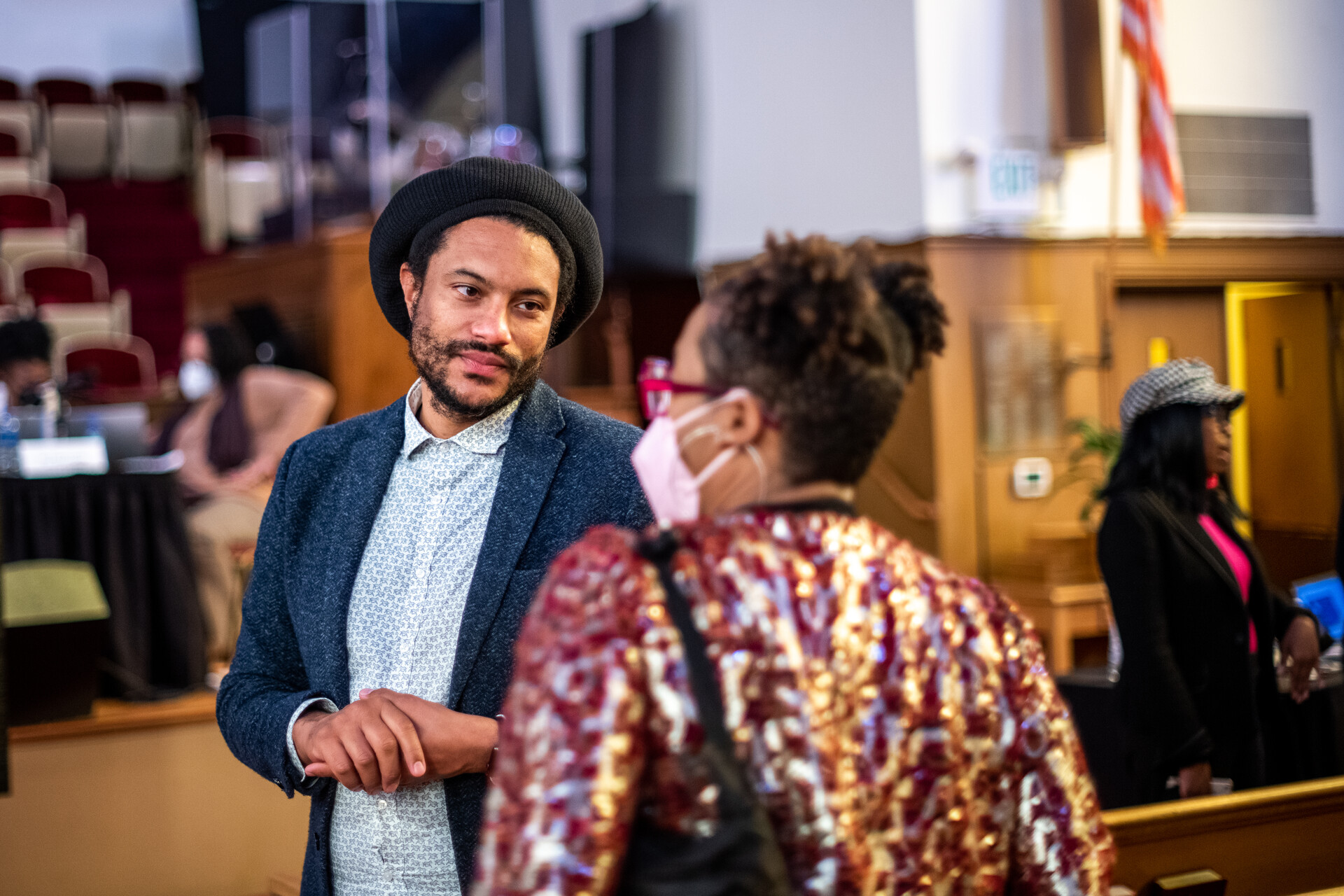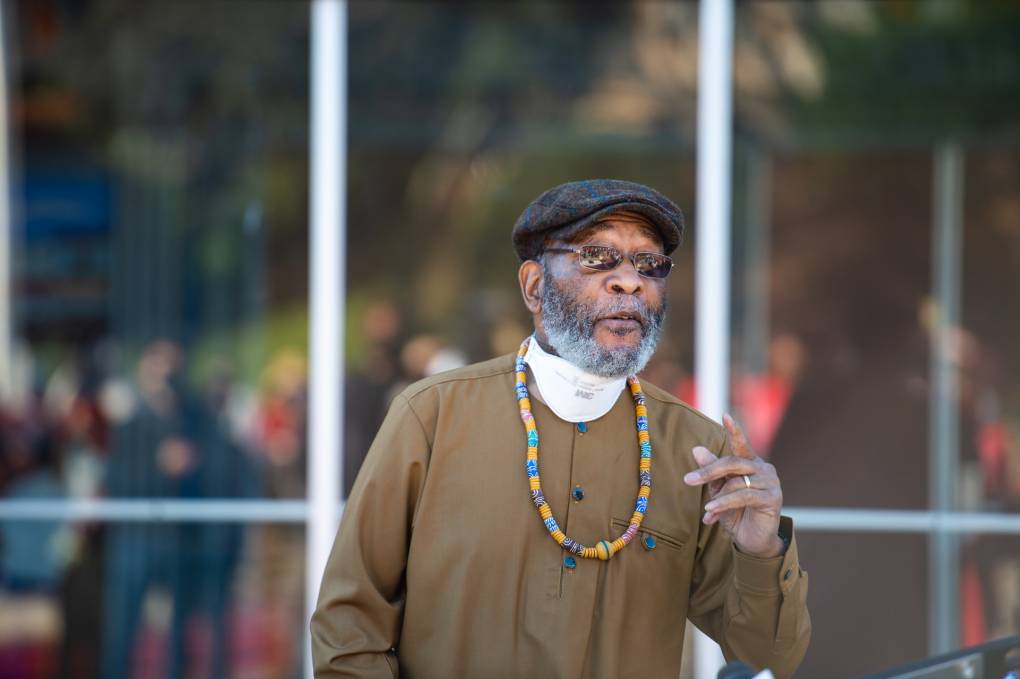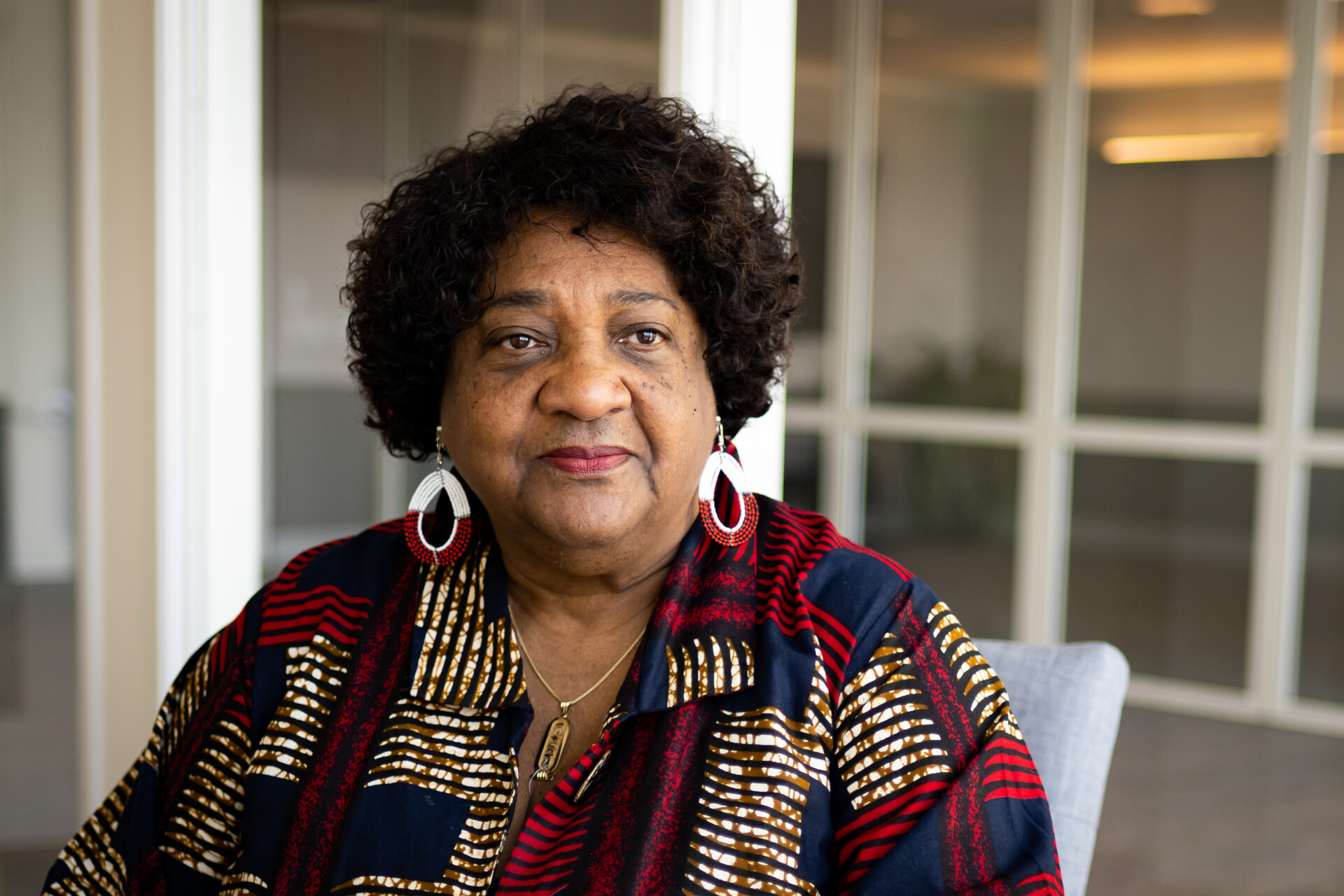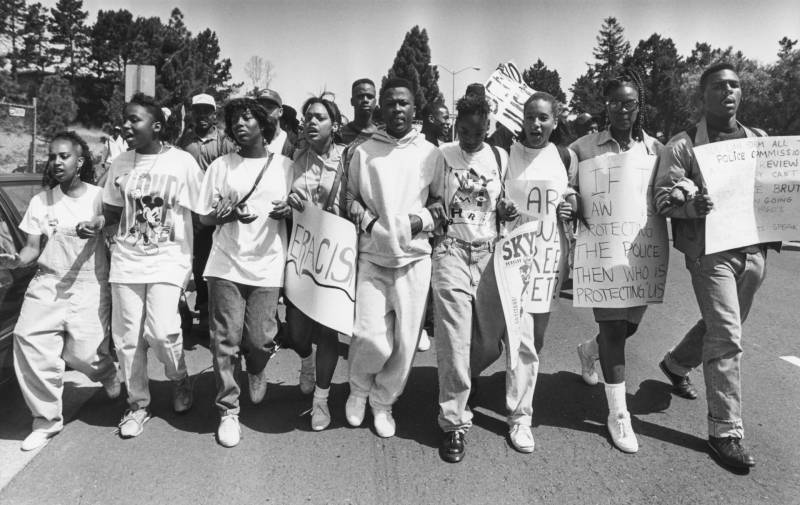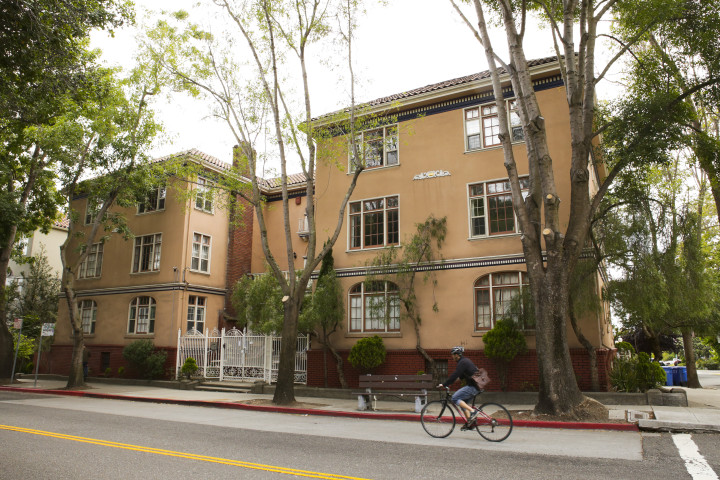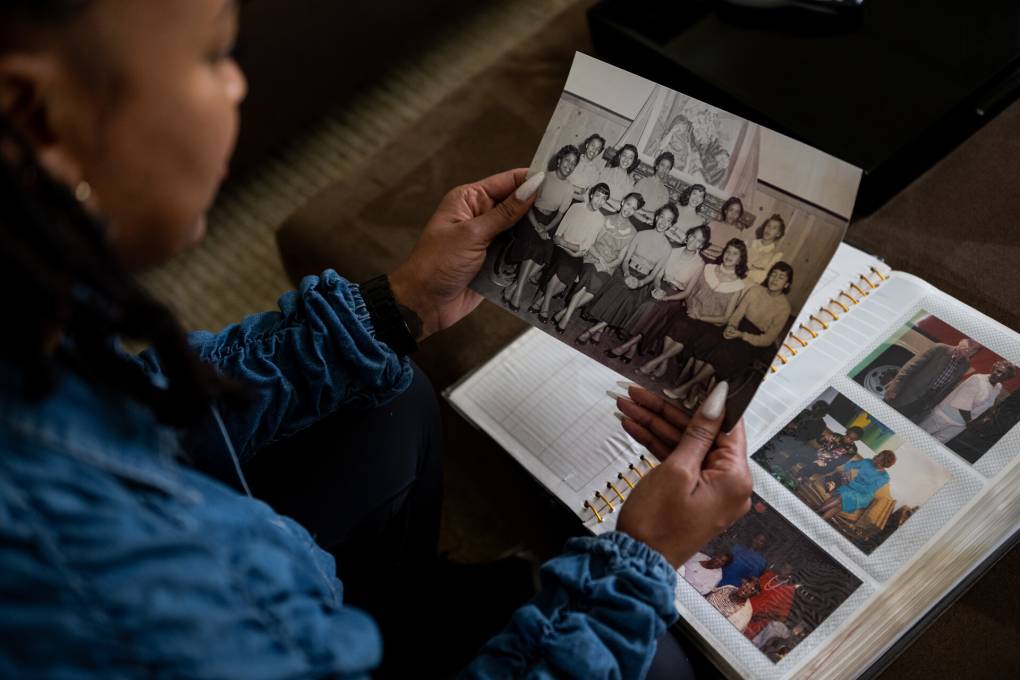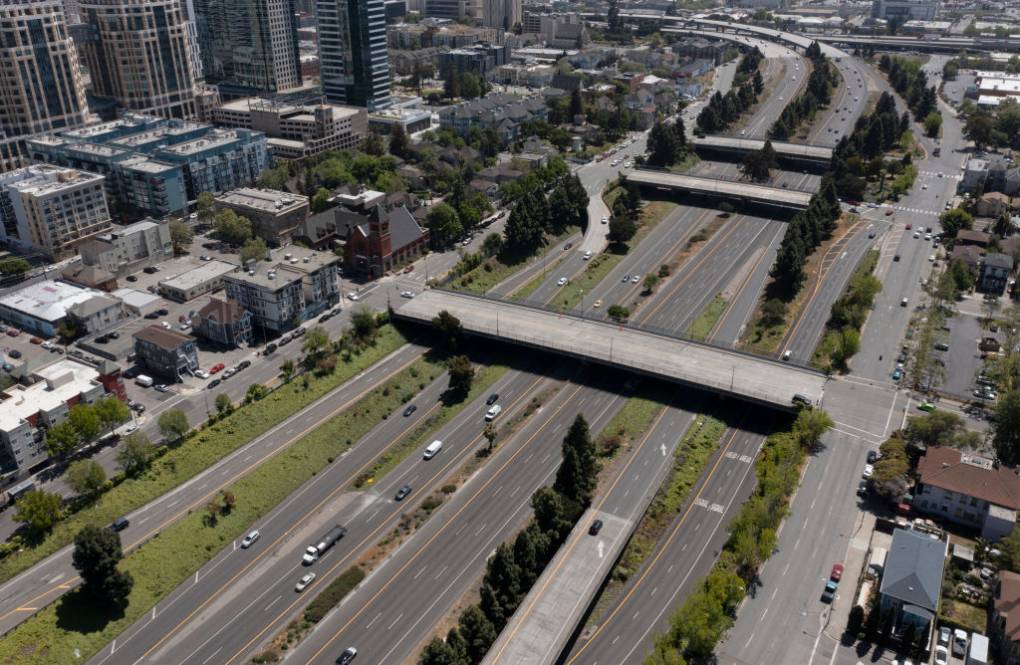In June 2022, I took an early-morning Amtrak train for a five-hour trip to Allensworth, a town located 30 minutes off Interstate 5 near Bakersfield. It was founded in 1908 and envisioned as a Black utopia.
To escape racist violence after the Civil War, Black people built settlements known as freedmen’s towns in a number of states across the country.
Allensworth, founded by Lt. Col. Allen Allensworth, who was enslaved in Kentucky before fleeing and becoming a Union soldier, was the first of its kind in California, and it was governed entirely by Black people.
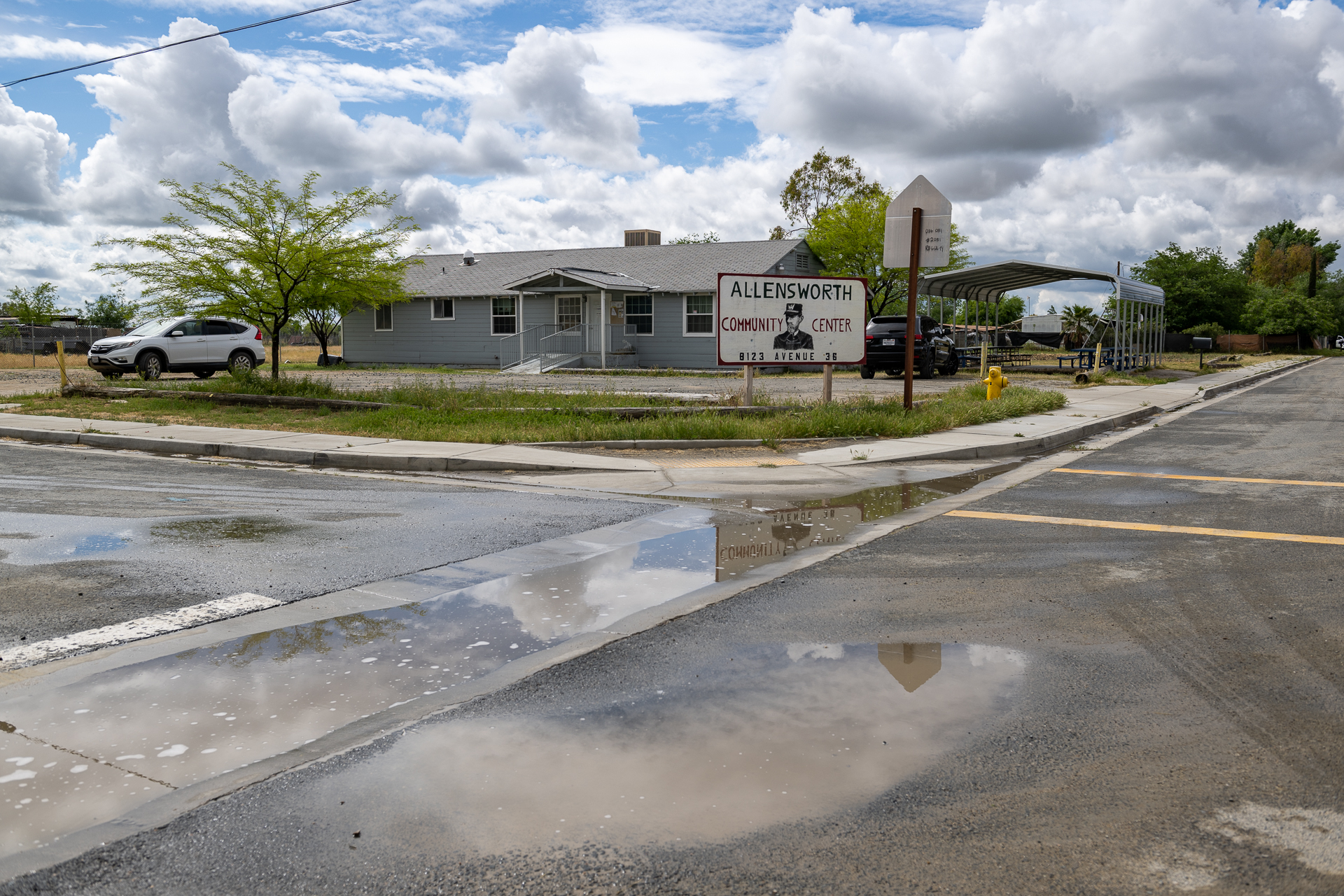
Before boarding, I noticed a Black, elderly woman with a walker and a colorful knit bag. She allowed me to carry her walker as we boarded the train. We found seats across from each other and shared food, stories and songs during the ride.
She leaned in when she spoke, her eyes scanning the passing scenery. Our conversation was lively. Her enthusiasm and soprano voice — she sang with the Oakland Symphony Chorus, and wasn’t shy about singing on the train — featured prominently in the story KQED published a few months later about the history of Allensworth and the state park in town.
